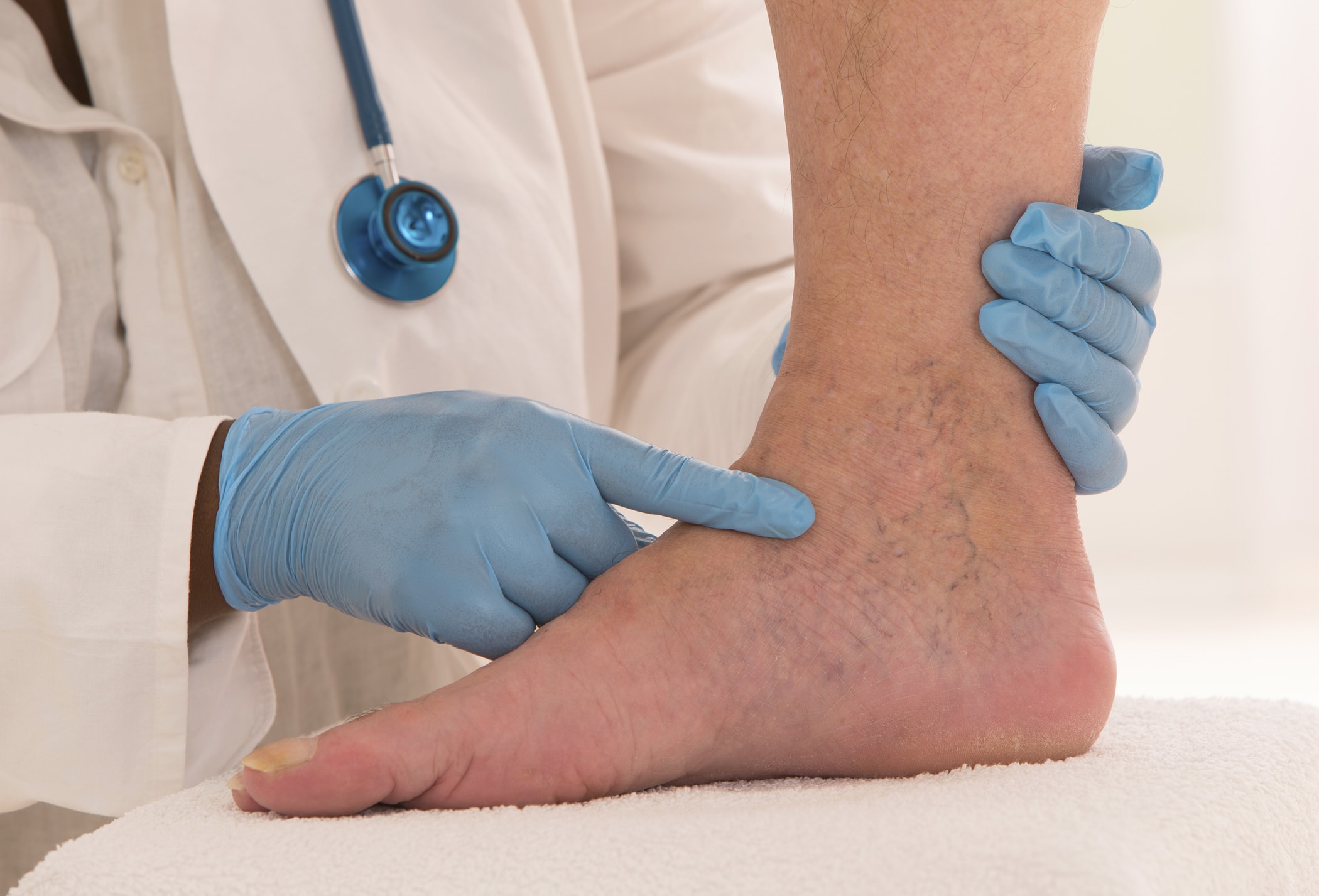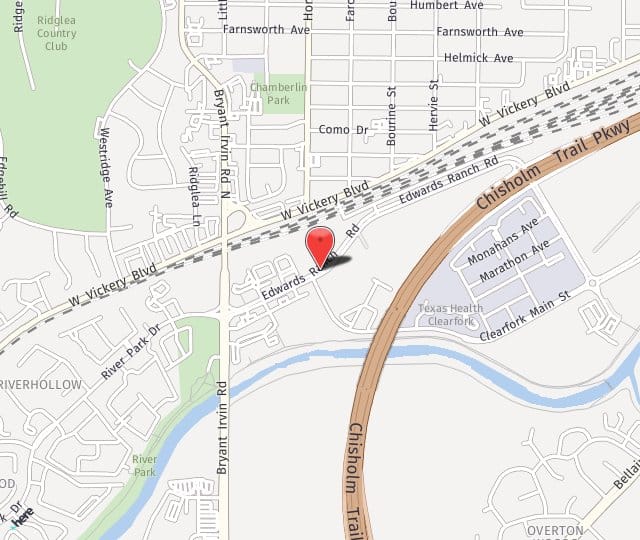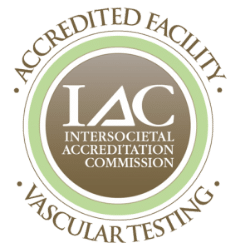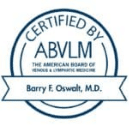Lymphedema is swelling that occurs in arms or legs. While there is presently no cure for lymphedema, it can be managed with early diagnosis and diligent care of your affected limb. Make an appointment with your doctor if you notice persistent swelling in your arm or leg. If you already have the diagnosis of lymphedema of a limb, see your doctor if there is a sudden dramatic increase in the size of the involved limb, as it may suggest a new process is occurring.
Lower extremity lymphedema may be related to prior surgery, radiation treatment, trauma, or infection. It is also common to see lower extremity lymphedema be related to chronic venous insufficiency/varicose vein disease, known as phlebolymphedema. The interaction between the lymphatic system and problematic lower extremity superficial venous issues is gaining wider recognition worldwide.
For some patients with phlebolymphedema, addressing underlying venous issues may help with controlling lower extremity swelling.

The lymphatic system, which is also part of your immune system, relies on a small caliber network of vessels to convey fluid out of the space between the body’s cells known as the interstitium. Damage or blockage of these vessels prevents lymph fluid from draining well, and the fluid buildup leads to swelling. Persistent lymphatic fluid accumulation in the lower extremities may also lead to chronic thickening of the skin and accumulation of adipocytes (fat cells), resulting in a special type of lymphedema, known as lipedema.
Schedule a Consultation
Fort Worth Vein Center are experts at diagnosing and treating lymphedema> If persistent swelling continues in your arms or legs (or both), then give us a call at 817-536-9600 or contact us and we will get right back to you.








